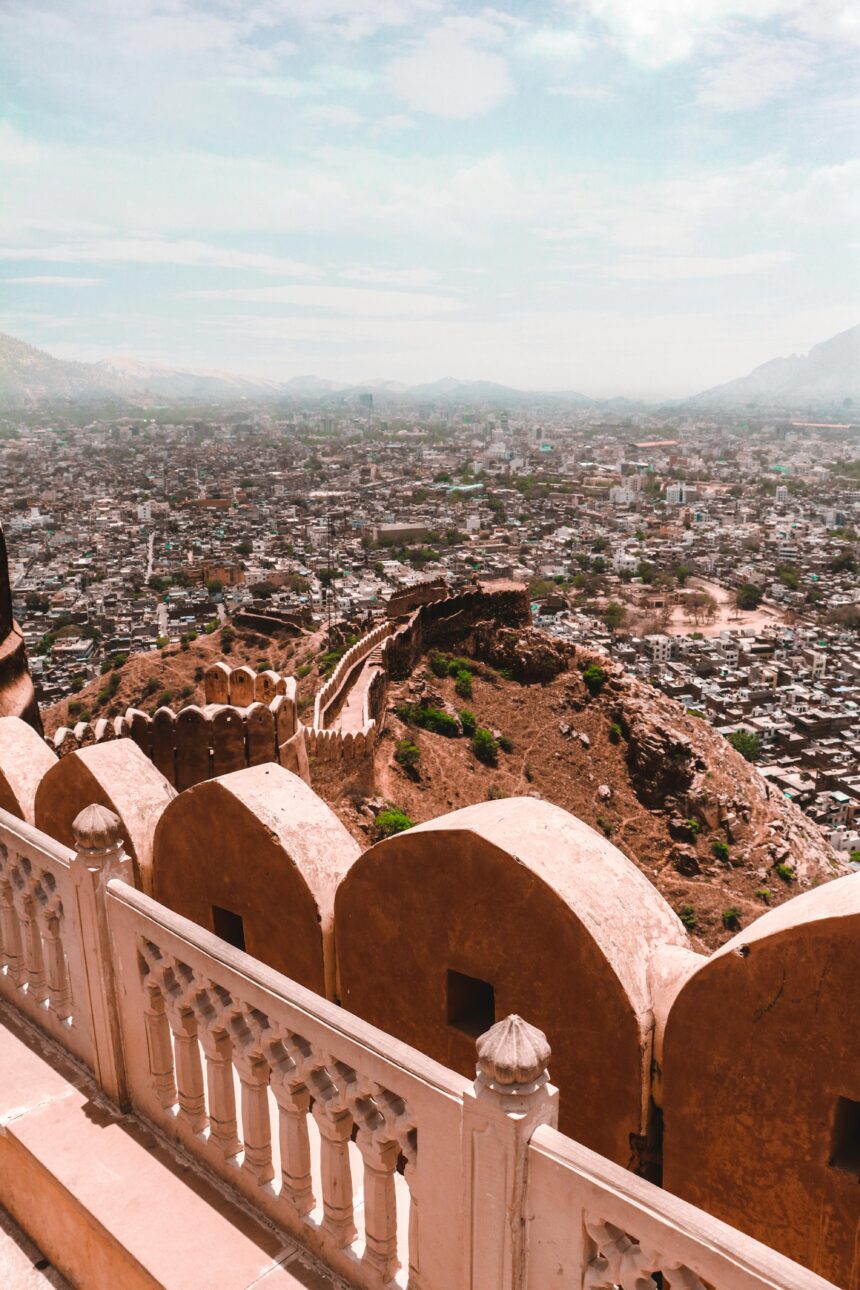The Rajasthan government has inaugurated the Phase II of Jaipur Metro, a transformative project set to serve over 10 million commuters annually. This milestone enhances urban mobility and supports Jaipur’s vision of sustainable and efficient transportation.
Key Features of Jaipur Metro Phase II
- Extended Connectivity:
Phase II stretches over 23.5 kilometers, connecting key areas like Sitapura Industrial Area, Rambagh, and Ajmer Road, ensuring smoother commutes for residents and professionals.
(Jaipur Metro Rail Corporation) - State-of-the-Art Infrastructure:
The new phase includes 16 stations, each equipped with modern facilities such as smart ticketing systems, real-time tracking, and accessibility features for the differently-abled. - Eco-Friendly Operations:
The metro uses regenerative braking technology, saving up to 30% energy, and has adopted solar power systems for station energy needs.
Economic and Social Impact
- Enhanced Commuter Experience:
Over 10 million annual commuters will benefit from reduced travel times, improved convenience, and safer transportation options. - Boost to Local Economy:
The metro extension is expected to generate 5,000 direct jobs and indirectly support local businesses along the metro route. - Reduction in Traffic Congestion:
By shifting a significant number of daily travelers from private vehicles to public transport, the project aims to decrease Jaipur’s vehicle emissions by 15%.
Future Plans
- Integration with Bus Services:
The metro will integrate with Jaipur Bus Rapid Transit System (BRTS) to provide seamless last-mile connectivity. - Expansion to Nearby Cities:
Plans for future phases include connecting Jaipur Metro to Tonk and Ajmer, further boosting regional connectivity.
A Step Towards Modern Jaipur
With the launch of Jaipur Metro Phase II, Rajasthan is embracing urban transformation, reducing its carbon footprint, and offering world-class public transport to its citizens.


Leave a Reply